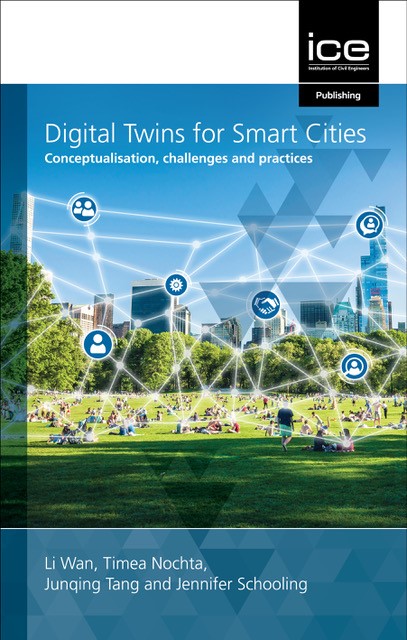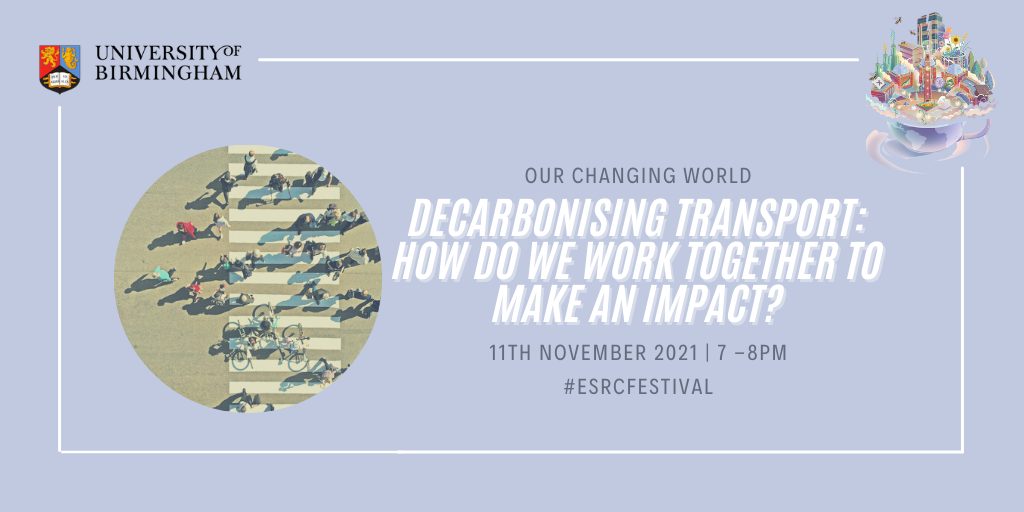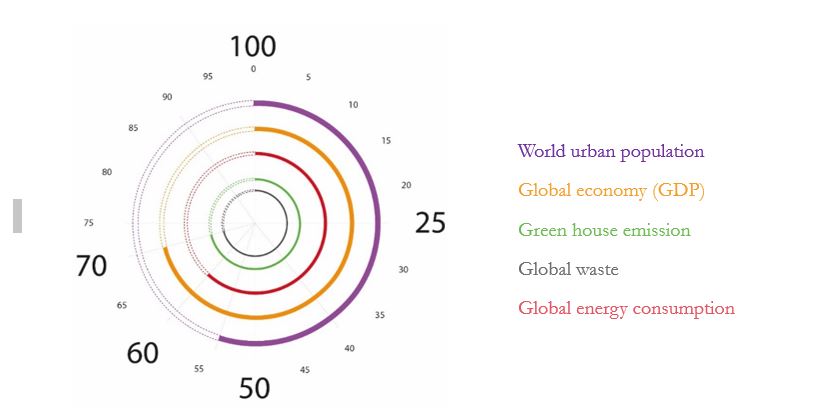Rebekah Roebuck

Witton Lakes, Stockland Green, Birmingham: Photo by Tom Roebuck
Open spaces, whether green spaces (e.g. parks or forests), blue spaces (e.g. canals or rivers) or grey spaces (e.g. urban squares) have long been understood to be of great importance and value to society. Be it the creation of the Porticus Pompeiana in Ancient Rome or the wider opening of the Royal Parks to the public in the UK throughout the 1800s, the connection between open spaces and society’s wellbeing is complex but enduring. However, with the increase in financial precarity across local government, their status and quality may be at risk. This blog emphasizes the value of citizen relationships with open spaces using flash ethnographic research from four cities across the world, including the role of community organisations before considering potential impacts of local government finances for green spaces in Birmingham.

Norval Foundation, Cape Town, South Africa: Photo by Lauren Richards
Open spaces entail a wide range of places, including recreational facilities, public parks, heritage sites, beaches, and public squares. On an individual level, citizens around the world connect with local open spaces for a variety of often highly contextual and personal reasons. Open spaces can be places where people connect with heritage, with art and culture, developing a sense of self and connecting with the environment they live in. They are spaces we might use alone but can also act as hubs for community building and socializing. We may choose to visit a park for a few hours, stay at a beach all day, or simply sit outside in public squares during lunch breaks.

Central Business District, Nairobi, Kenya: Photo by Saina Kiprotich
Some of our open spaces are treasured and achieve status such as becoming a UNESCO world heritage site. One such example is in Morocco, where Chellah, an ancient archaeological site and fortified necropolis, is listed and protected by the Moroccan authorities, and well maintained so visitors can feel safe and secure while enjoying the natural beauty and historical significance of the area. The standard, cleanliness and perceived safety of an open space impacts the desire of local residents to use it. In many places, including Birmingham, Nairobi and Cape Town, the standard of open spaces varies significantly, with more affluent neighbourhoods often having better maintained spaces
but some are simply ‘left behind’, neglected, or subject to fly tipping or dumping, causing visual pollution, and spoiling open spaces.

Chellah, Rabat, Morocco: Photo by Ilias Defaa
This lack of equality around green space access is well recognised by Birmingham City Council, who have a 25-year City of Nature Plan, with an ambition to be recognised as a city of nature, with the Birmingham Future Parks Accelerator Project developing an environmental justice map of the city by ward with ‘access to green space’ comprising one of the factors that generates the score, the first local authority in the UK to develop a tool to measure environmental justice.
The relationship we have today with our open spaces is gaining focus both here in the UK and globally. Increased attention to climate change, the importance of biodiversity and the value of open spaces as assets which can help with climate mitigation and adaptation is growing, alongside the intrinsic benefits to local people and communities.
However, despite this growing recognition, and plans such as the BCC City of Nature Plan and the West Midlands Combined Authority (WMCA)’s five year Natural Environment Plan, funding for parks in the UK has been cut significantly. The State of UK Public Parks 2021 report published by the Association for Public Service Excellence (APSE) found that the UK has lost a total of £690 million funding for parks between 2011-2021, providing ‘woefully inadequate’ funding for local authorities.
Community groups, such as in Birmingham, often provide support voluntarily alongside accessing grants not available directly to local authorities to improve and develop the space for use. Birmingham Open Spaces Forum coordinate and support the 130+ ‘Friends of’ and other community groups across Birmingham that caretake and protect not only those spaces that seem traditional to open spaces; parks, fields and gardens, but also litter pick in the streets, and maintain other smaller patches of ‘green’, which some may overlook, but are of equal importance. Cotteridge Park in the south of the city provides a gold star, ‘Green Flag’ awarded example of the success possible with volunteers.

‘The Shed’ at Cotteridge Park, Birmingham: Photo by Rebekah Roebuck
The value of open spaces is not always easy to quantify. However, under the concept of natural capital, there is an increasing drive to define a financial value on the services provided. Birmingham’s 600 blue and green spaces (over 4,700 hectares (47 Km2), not to mention the famed ‘more miles of canals than Venice’), is estimated by Birmingham Future Parks Accelerator to be worth around £11 billion, with £4 billion linked directly to the wellbeing of its residents.
In the light of Birmingham City Council’s proposed service cuts, including city operations which includes responsibilities for parks, the role that community groups play in the protection, maintenance and guardianship of our green spaces feels even more critical. BOSF are backing the ‘Save Birmingham’ Campaign, formed in response to concern about the prospect of a ‘fire sale’ of vital spaces. They are asking local residents to nominate spaces and other facilities as an “asset of community value”, to demonstrate the public support for these and with a view to potentially developing further co-operative solutions for spaces in the future.
Be it simply the reduction in servicing and maintaining our parks, to the more serious prospect of the selling off or repurposing of open space assets, it seems likely that despite the recognition of the growing necessity to protect these open spaces, they may be at risk. To achieve environmental justice and equality of access to open spaces in Birmingham, how parks are funded, maintained, and improved must remain a focus for local government.

Rebekah Roebuck is undertaking a PhD on the governance of energy decarbonisation in the Department of Public Administration and Policy at the University of Birmingham. She is also interested in environmental justice, disability rights and community engagement. She can be contacted at [email protected]
https://www.linkedin.com/in/rebekah-roebuck/
This blog derives from a longer blog on Open Spaces and Mobility published for the University of Birmingham developed via a EUniWell project focused on international collaboration, written by the author alongside Ilias Defaa, Lauren Richards, Nana Amponsah and Saina Kiprotich.





 Dr. Jon Bloomfield. Honorary Research Fellow, Institute of Local Government Studies, University of Birmingham.
Dr. Jon Bloomfield. Honorary Research Fellow, Institute of Local Government Studies, University of Birmingham.